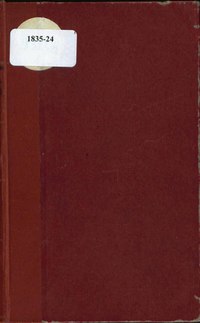Bulgarian grammar

Okay, so you know how when we talk, we have to put words in the right order so the other person can understand us? That's called grammar. In Bulgarian, they have some different rules for grammar than we do in English.
One big thing is that the nouns, which are the words for things like "dog" or "book," have different forms depending on how they're used in a sentence. For example, if you want to say "I see the dog," you'd use one form of the noun "dog," but if you want to say "The dog sees me," you'd use a different form. It's kind of like how we say "I" and "me" in English for different parts of the sentence.
Another thing that's different is that there are different endings for the verbs, which are the words for actions like "run" or "eat." These endings can change depending on who is doing the action and when it's happening. In English, we usually just add "s" to the end of some verbs when we're talking about one person doing it in the present, like "He runs," but in Bulgarian there are more changes to the verb.
There are also different cases, which are like categories the words can be in depending on how they're used in a sentence, and different genders for some words. These things can also affect how the words change and how they fit together in a sentence.
Overall, Bulgarian grammar can be pretty complicated, but if you learn the rules and practice, you can get better at it!
One big thing is that the nouns, which are the words for things like "dog" or "book," have different forms depending on how they're used in a sentence. For example, if you want to say "I see the dog," you'd use one form of the noun "dog," but if you want to say "The dog sees me," you'd use a different form. It's kind of like how we say "I" and "me" in English for different parts of the sentence.
Another thing that's different is that there are different endings for the verbs, which are the words for actions like "run" or "eat." These endings can change depending on who is doing the action and when it's happening. In English, we usually just add "s" to the end of some verbs when we're talking about one person doing it in the present, like "He runs," but in Bulgarian there are more changes to the verb.
There are also different cases, which are like categories the words can be in depending on how they're used in a sentence, and different genders for some words. These things can also affect how the words change and how they fit together in a sentence.
Overall, Bulgarian grammar can be pretty complicated, but if you learn the rules and practice, you can get better at it!
